
Can You Use Trees as Privacy Screens? The Best Privacy Trees in the Market
Published: 31/10/2022 | Updated: 29/03/2023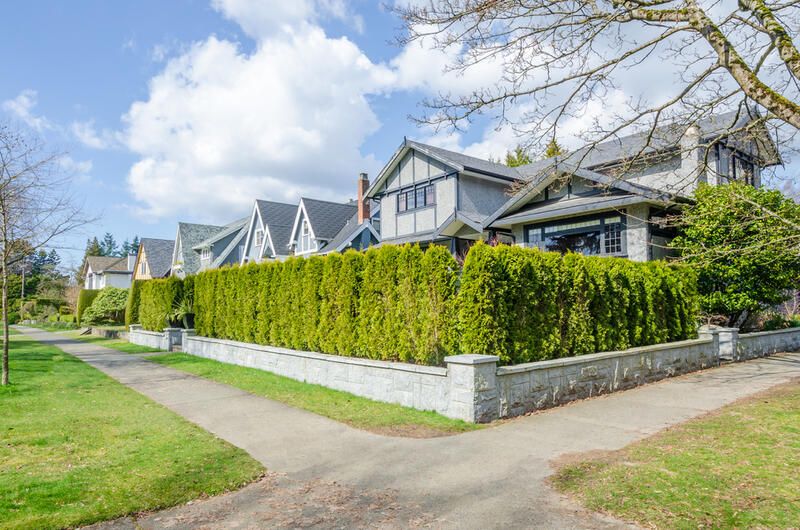
Planting trees in your home can do a lot more than provide you and your family with oxygen! Just like skyscrapers, tall trees not only cast a leafy shade on your outdoor space, and add a touch of majestic charm, but also protect your home on an awful weather day.


Trees are a great way to provide privacy for your home. They provide shade in the summer and beauty all year round, without taking away from the aesthetics of your yard. Plus, they give you something natural to admire when you look outside instead of just a fence or some other manmade object.
Trees can also be used as screens that block noise from busy streets or loud neighbors while still allowing light into your yard. Trees work well as privacy screens because they grow quickly and live long lives—which means they'll keep their size and shape for many years.
Trees for Privacy
Trees are a great way to provide privacy for your home. Trees are better than fences because they are more environmentally friendly, they can be creatively designed to fit your yard, and they offer a natural look that will blend in with the rest of your landscape.
You might be wondering how you can use trees as privacy screens around your home. Well, there are many ways that this can be done. The best part about using trees as privacy screens is that you do not have to spend much money on them!
If you are looking for ways to privately enjoy your outdoor space with your friends and family, consider taking a spin through the best trees for privacy to make sure that your choice best fits your yard.
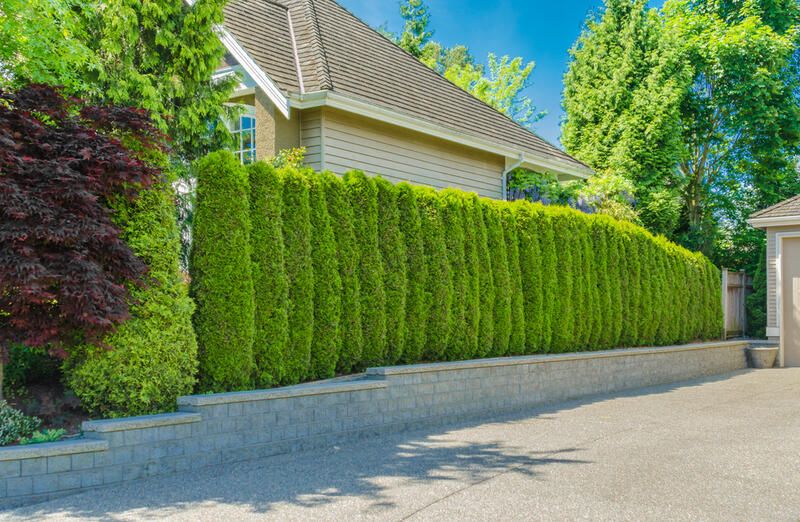
Fence Or Trees?
There is no right or wrong answer to the fence vs. trees debate. It all depends on your situation and how much you are willing to spend. Fences are expensive, but they have some major benefits that trees can't provide.
If you're looking for privacy, a good fence will keep any unwanted eyes from peering into your yard and taking photos of what's going on inside of it. This may be an important consideration if children are living in the home or if there are pets who could get into trouble outside without supervision from parents or guardians watching over them at all times during the day (or night).
Fence installation is also easier than planting a tree—you won't need to worry about digging holes for roots and ensuring that there's enough water available nearby so they don't die while they're growing up!
Plus, with fences, you don't have any problems with weeds coming up around them because they'll be secured firmly into place by nails driven into concrete blocks which prevent soil erosion rather than allowing leaves to fall off trees onto other surfaces below where these would otherwise decay faster than the desired due.
Important Considerations When Planting a Privacy Tree
If you want to plant trees as a way to protect your privacy, there are some important considerations you should keep in mind.
First and foremost, it's important to note that trees planted along property lines can be the best way to protect your privacy. However, if you want the most effective results from planting trees around your home, they should be planted at least 10 feet away from the house itself. This will help make sure that no one can see into or through them by looking into windows or doorways. It also ensures that they'll stay healthy while providing enough room for their roots and branches alike so that they don't have any trouble growing over time!
The next thing is that we'd like everyone out there to consider the best trees for their yards: fast-growing varieties tend to not only offer more immediate gratification but also provide excellent value (as well as lots more benefits!) over time compared to slower-growing alternatives such as weeping varieties.
These trees generally take longer time frames to thrive but may require less maintenance overall due to a lack of leaf removal requirements during times when the weather conditions cause fall foliage loss problems associated with some tree types as that of a deciduous tree.
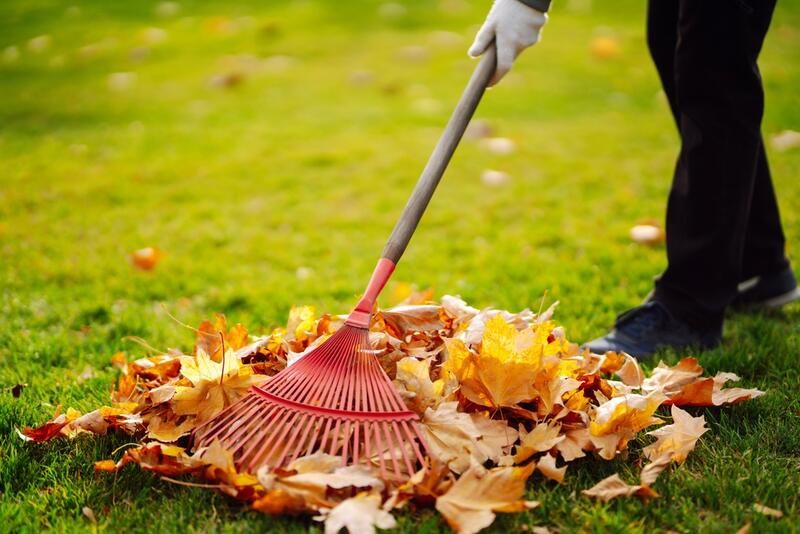
For instance, Maple trees are especially susceptible during colder seasons because their leaves turn brown easily when left without any sunlight exposure whatsoever due to extreme temperature fluctuations, whether hot or cold extremes. If abandoned too long, the leaves will eventually wither away and die. Without sufficient water sources, nearby supply lines might break causing further problems, like losing power supply during storms, etcetera.
Under these circumstances, especially since many homeowners aren't able to afford water supplies, you need to consider various means to keep everything running smoothly while taking good care of your trees. Rely heavily upon how outdoorsy nature lovers know how to deal properly with trees, appropriately maintain yard areas, properly keep everything watered correctly, pruned correctly, and fertilized correctly.
If you are looking forward to sprucing up your garden with some breathtaking trees while guaranteeing privacy, check the growing zone. Fruit trees, for example, flourish differently depending on your geographic area and plant hardiness zone.
Choosing Trees That Grow Fast
If you're looking for quick privacy, choose fast-growing trees. These trees grow quickly and can be trimmed to create a solid barrier in just a few years. In addition to being easy to maintain, fast-growing trees are also less expensive than slow-growing species.
Enliven your garden with a vibrant, verdant, and green fence with large trees. When planted close to each other, whether flowering trees or not, they create not only an irresistibly beautiful scene in the neighborhood but also offer you the privacy you are looking for.
Thuja Green Giant
Thuja Green Giant is a great tree for privacy because it has dense foliage and grows very fast. This dwarf conifer can grow to 100 feet tall and thrive in full sun or partial shade, making it an ideal choice for many homeowners.
This tree is a fast-growing evergreen tree that's ideal for privacy screens. Whether you live somewhere with blazing sun or just a lightly shaded area, Thuja Green Giant is a great choice for your landscape design.
The dense foliage of this tree makes it an excellent choice for blocking out views from the street and nearby houses. The leaves are also resistant to pests, which means you won't have to spend time spraying them or worrying about them dying off from disease.
Thuja Green Giant also has a shallow root system that makes it well suited for areas where water collects after rain storms. The best part about Thuja Green Giant? It's low maintenance—you don't need to do much except water your plant once every week or two during dry spells.
Who wouldn’t want to embellish their yard with year-round, vibrant colors and impeccable privacy?
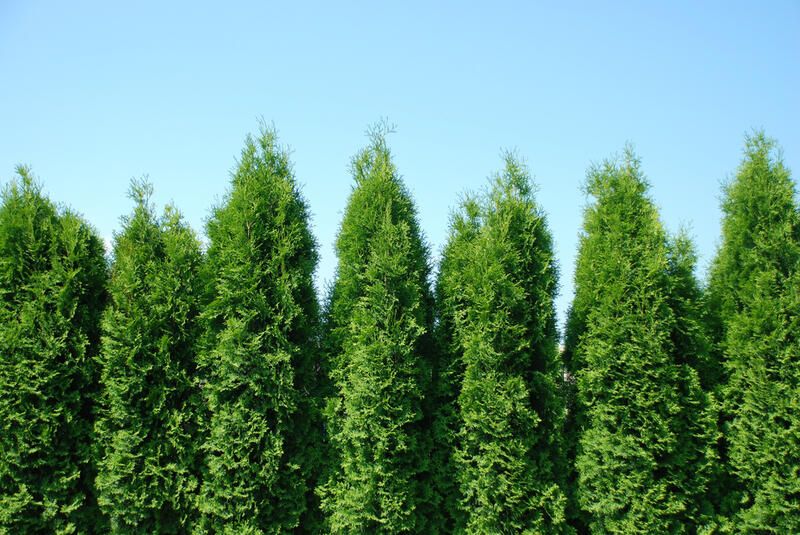
Leyland Cypress Trees
Leyland Cypress is a good choice for privacy screens because it is a fast grower, hardy tree, and dense grower. This makes it ideal for shading properties and providing privacy.
Leyland Cypress grows at an average of 3' per year, which means you can quickly get the privacy screen you want to block out your neighbor's view. It also grows well in areas that get a lot of sunlight as well as places where water is lacking like sandy soil or near creeks or ponds. Its thick branches help protect it from harsh weather conditions such as drought and strong winds making this tree perfect for most locations around America!
One of the most popular types of trees used as privacy screens is the Leyland Cypress. It's fast-growing but takes up to 15 years to reach full size. The dark green leaves are 1-2 inches long and their short needles grow in bundles like pine cones. This tree does well in full sun or partial shade locations, and can grow up to 50 feet tall!
Leaning over to inspect the roots of a Leyland Cypress, you'll find that they're not very deep at all. This is because these evergreen trees have shallow root systems, which makes them perfect for growing in sandy soils like those found in arid areas such as Arizona or Nevada. You can also plant them in well-drained soil if you live in an area with heavy rainfall (such as New England) because their roots won't get waterlogged and rot away.
If you make sure not to overwater your tree during its first few years after planting, the Leyland Cypress will grow quickly and become tall enough so that its leaves block out any unwanted views from outside your home!
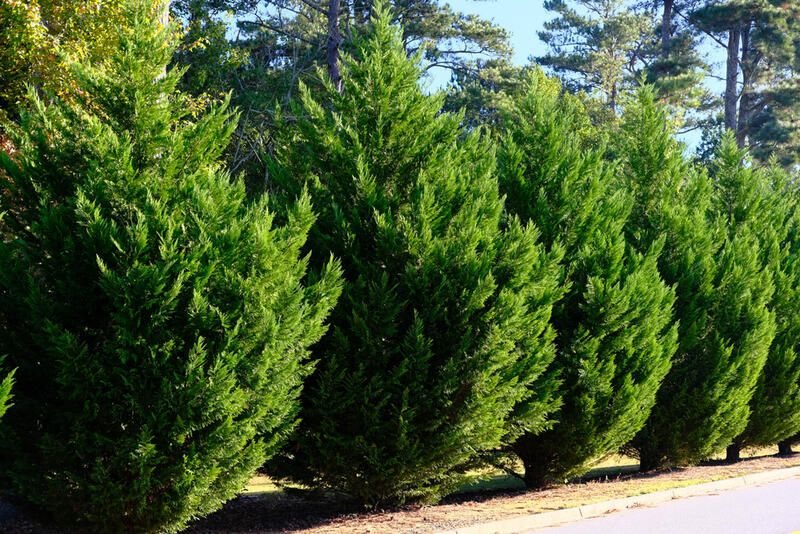
Emerald Green Arborvitae
If you're looking for a privacy tree that looks elegant, this is a great choice. The Emerald Green Arborvitae has a compact shape and lush green foliage that makes it both decorative and functional. This tree will grow up to 20 feet tall in full sun or partial shade (zone 2-8), so it's good for most areas of the United States as long as they don't get too cold during winter months.
It's also one of the few evergreen privacy trees that can withstand the full sun. The Emerald Green Arborvitae is a mid-sized tree, growing to mature heights of 5 to 6 feet and widths of 3 to 4 feet. It maintains its bright green color year-round, which makes it a perfect choice for areas where you want privacy without sacrificing curb appeal.
The Emerald Green Arborvitae thrives well in and is best suited for shaded areas with partial shade (2 or 3 hours of direct sunlight). When planted in full sun areas, the Emerald Green Arborvitae can become leggy; however, as long as you only plant them in shaded or partially shaded environments they'll thrive!
This tree loves well-drained soil, so make sure your garden has at least some rocky material if you want to plant one of these trees; also, check out how much water your particular area needs before deciding where to plant one of these shrubs: if it's dried all year round then chances are good that this plant will thrive there!
As far as maintenance goes: regular watering during summer months helps make sure they stay healthy while pruning makes them grow faster!
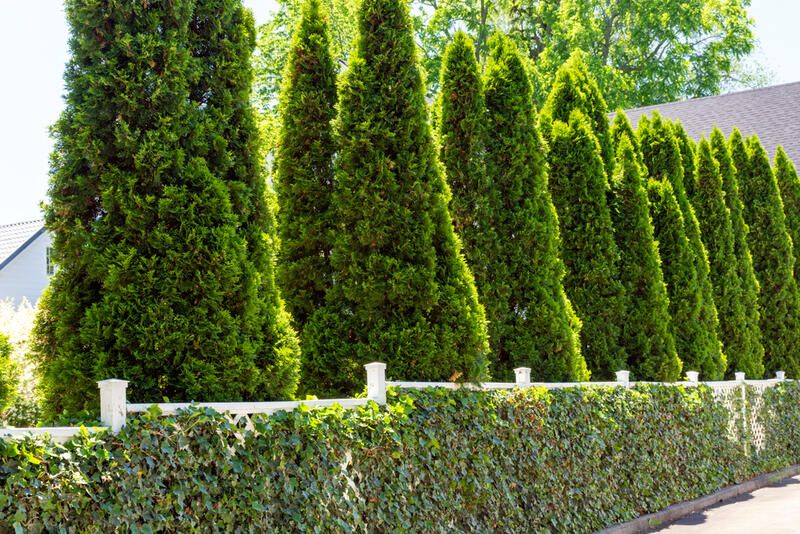
Sky Pencil Holly
Sky Pencil Holly is a fast-growing tree that thrives in full sun and partial shade. It has dense foliage, so it can provide privacy from the side and back of your home. It makes for great traditional fencing with its strong branches but also serves as an excellent screen against neighbors when planted closely together.
The Sky Pencil Holly is native to the eastern United States and has a hardiness zone of 4-8. It grows 25-30 feet tall with an equal spread, which makes it ideal for privacy screens as well as windbreaks or shade trees. The leaves are green in summer and turn yellow in fall.
Flowering occurs in late spring or early summer, which is a great time to see the bright red berries on this tree.
Because Sky Pencil Holly is so dense, you won't be able to see through it like other trees on this list; however, this means that you will have complete privacy from all angles: front yard to the backyard or side yard to side yard! This tree also provides some privacy from above if you place it near your window—a bonus!
Red Maple
The red maple is an excellent choice of tree for privacy screens. It has a moderate growth rate and can grow up to 50 feet tall, which makes it tall enough to block out neighbors’ views into your backyard. The red maple is also shade tolerant, meaning it prefers full sun but will still grow well in partial sun conditions. With its fast-growing nature and beautiful foliage, this tree provides plenty of privacy—but be careful because some people may not like the look of it!
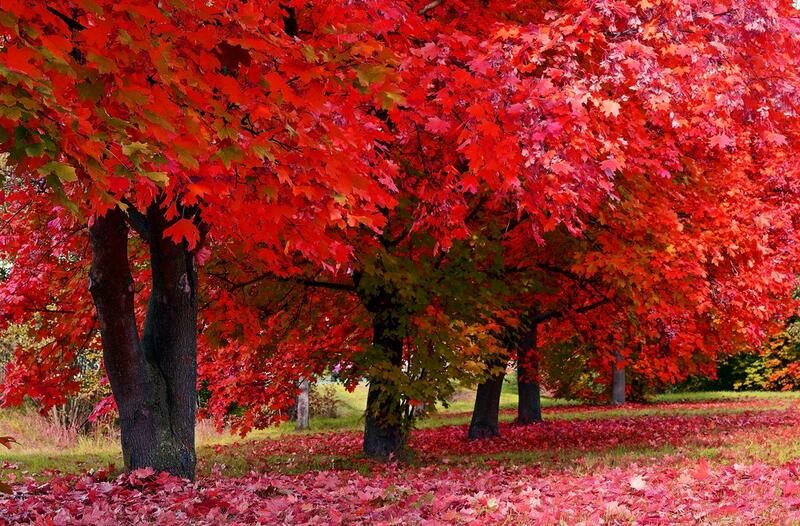
Eastern Red Cedar
Eastern red cedar is a fast-growing evergreen tree that provides privacy. It can grow up to 60 feet tall and 30 feet wide, depending on the location and conditions. It can tolerate a variety of soil types and climates, including wet soils and sandy areas. This tree has shallow roots so you don’t need to plant it in deep soil; just dig down about two feet before planting if your soil is heavy clay or other dense material.
Loves to be bathed in the blazing sun, Eastern Red Cedar thrives best in open spaces and creates a heartwarming meal for birds as they admire its berries.
American Holly
American Holly is a slow-growing tree that can reach heights of up to 60 feet, but it's best suited for medium-sized gardens and yards. It grows best in full sun or partial shade and will thrive in any soil. The American Holly has a dense, rounded canopy with fragrant white flowers in springtime.
Broad-leaf and eye-catching, American Holly trees provide your abode with a soothing yet contrasting mix of colors. The shades of green and red add a lively character to your garden, along with offering you the privacy you need.
River Birch
River Birch trees are a great choice for privacy screens, as they grow fast and live a long time. They have a dense canopy that makes it hard for people to see through them. They are hardy and easy to grow, so you don't need any special knowledge or experience to plant them in your yard. River Birch trees come in many sizes and shapes; they can even be pruned into the shape you want!
Commonly planted in spring or fall, River Birch can happily thrive in your outdoor space for long years to come.
Envision embellishing your yard with the capturing look of River Birch trees, you can only then revel in its beauty whenever you want. Because even in winter when every other tree is pale and has lost its glorious appeal, River Birch boasts a soft tan bark that never fails to give your garden a unique character.
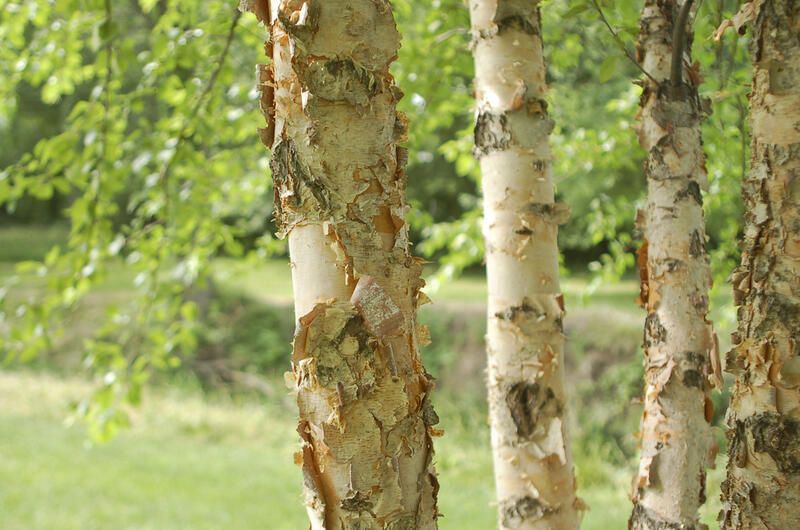
Trees are Best for Creating a Privacy Screen
Trees are best for creating a privacy screen, as they're more environmentally friendly than fences and can be creatively designed to fit your yard. For instance, if you want to create an extensive privacy screen by using trees, don't just plant one or two trees in the ground—plant them in an interesting pattern that will create an aesthetic and functional screen.
If you have a small backyard that needs some extra space, planting several different types of trees will give you plenty of options when it comes to installing your new outdoor furniture.
The right tree or combination of trees can completely transform any part of your yard into something beautiful while simultaneously providing shade from the sun's blazing rays during hot summer days (or nights).
Conclusion
As you can see, there are many options when it comes to planting privacy trees. Not only do they provide a great way to get the privacy you want for your property, but they can also add value to your home as well.
If you have any questions or concerns about this tree-planting process or would like some tips on choosing the best type of tree for your needs, please feel free to contact us today!


